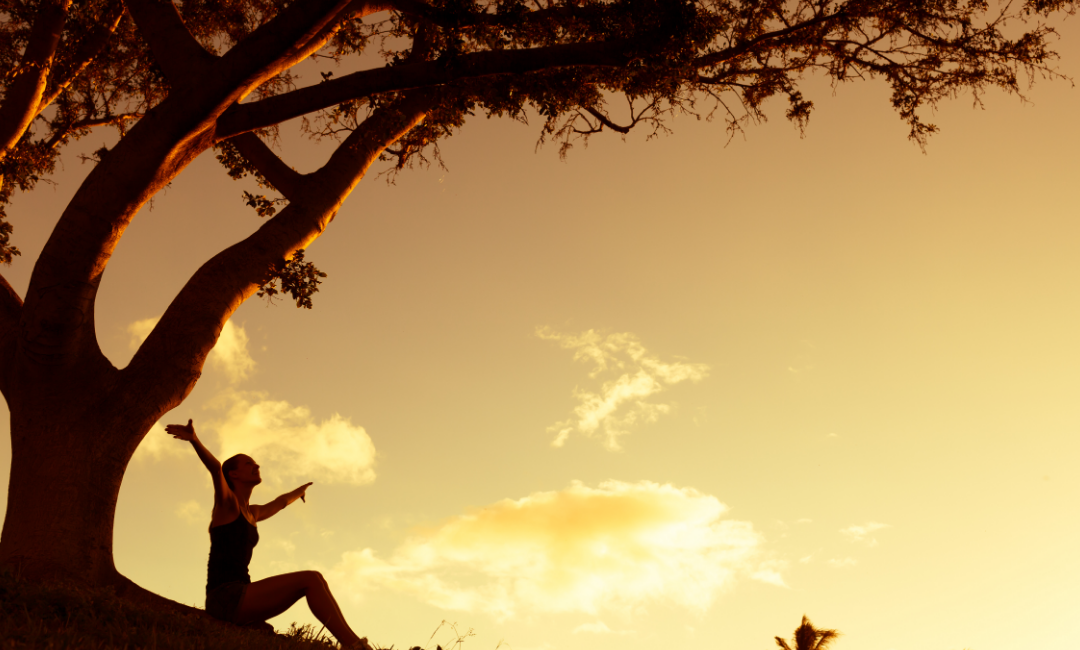If you want to find happiness, find gratitude.
Steve Maraboli
With the Thanksgiving holiday quickly approaching, now seems like a great time to talk about the benefits of gratitude. Although 2020 has been a challenging year and it might be hard for you right now to find anything to be grateful for – I want to encourage you to give gratitude a chance. There are multiple benefits to developing your capacity for gratitude, and it can be done rather easily simply by adding a little bit of gratitude into every day.
Gratitude is good for you
Scientists have determined that gratitude is associated with multiple benefits – mental, physical, spiritual, and social. Grateful people report greater happiness and life satisfaction, better sleep, and less fatigue. Grateful people also experience less depression, less anxiety, and lower levels of inflammation. Higher levels of gratitude are associated with less materialism, greater overall well-being, higher self-esteem, and better interpersonal relationships.
Without changing anything else, simply developing a greater sense of gratitude can make your life better and help you feel more hopeful, by bringing greater awareness to what is good in your life, and focusing less on what you might think of as bad.
Gratitude is good for society
Gratitude has been described as “social glue” – helping us form, maintain, and improve relationships. Appreciation is a form of gratitude that improves relationships and makes the bonds between people stronger. Gratitude can even improve job performance: we all want to work harder and better for the company or boss that makes us feel valued and appreciated.
Gratitude can be cultivated
Gratitude is a practice that can be intentionally practiced and cultivated. And like anything else, the more you practice gratitude the more easily it will come to you. Some people do tend to naturally exhibit more gratitude, but this doesn’t mean that you can’t improve your gratitude if you don’t naturally feel grateful or if consciously practicing gratitude feels fake to you. The “fake it ‘til you make it” adage certainly applies here. You may have built up a resistance to gratitude or don’t know how gratitude truly feels – just trust that gratitude is a natural human emotion and you may need a little practice before the feeling comes.
Gratitude makes sense of our past, brings peace for today, and creates a vision for tomorrow.
Melody Beattie
Gratitude is best when small and intentional
Developing a daily gratitude practice may seem like a challenging thing to do, but it doesn’t have to be. It just needs to be authentic. Start small, keep it real, and it will grow.
Here are a few suggestions for simple gratitude practices that you can easily incorporate into and throughout your day:
- Start a gratitude bowl. We keep a bowl on the table below the television. Small pieces of paper and a pen are kept next to the bowl, and whenever we like we can quickly write down something that we’re grateful for, fold up the paper and put in the bowl. We haven’t yet decided what we’ll do once it’s full – but for now we enjoy seeing the bowl filling up with gratitude.
- Do a one minute gratitude meditation in nature. Nature and gratitude go hand in hand, so take advantage of this connection. Find a place where you can sit quietly for one minute – preferably outside but you can do this indoors if necessary. Take a few slow, deep breaths and pay attention to the nature that you see and feel. Don’t try too hard to feel “gratitude” – just let whatever feelings of appreciation develop come…naturally. When we connect with nature we are connecting with our deep inner source and gratitude will instinctively develop and reveal itself.
- Let someone know that you appreciate them. You don’t have to use the word “gratitude” every time you want to show it. You can use other words like “appreciate,” “thankful,” and “value.”. One of the best ways to let someone know you appreciate them is to perform a small act of kindness. Holding a door open, saying hello, allowing someone ahead of you in line, bringing someone a cup of tea, emptying the dishwasher – these are a few ideas that come to mind. Small, simple acts of kindness are really acts of gratitude – showing others that you notice them and that you care.
Bringing more gratitude into your life can be done by practicing small, intentional acts of kindness and appreciation. Developing and expanding your sense of gratitude will benefit you in multiple ways, help others, and yes – make the world a better place for everyone.


I’m grateful to have a wise friend like you!
Oh thank you, Kay! I appreciate you too!